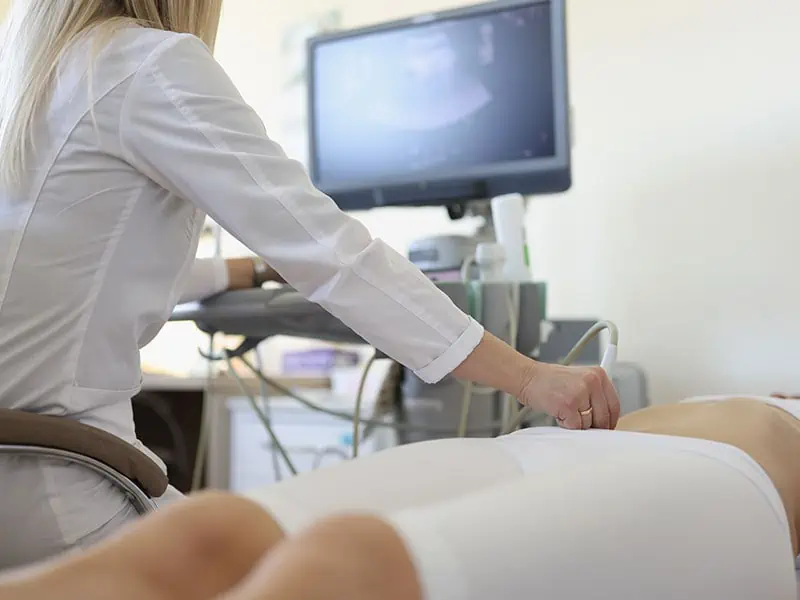
Issue 3/2024
Dimitrov, O., Minkovska, L.
Department of Gynecology, St Sofia Hospital, Specialized in Obstetrics and Gynecological Care – Sofia
Introduction and hypothesis: Pelvic organ prolapses (POP) is a common gynecological problem, which adversely affect women’s quality of life and sexual activity. The lifetime risk of surgery for POP in the general female population is approximately 20%. Although hysterectomy is routinely performed at the time of genital prolapse repair, high-level evidence-based data could not show the potential benefits of VH as a part of these procedures. There has been a recent trend towards uterine sparing procedures for treatment of POP. It has been shown that uterine preservation procedures achieve comparable cure rates, but leaving the uterus in situ carries a risk of undetected uterine malignancy. This study was conducted to estimate the risk of undetected uterine pre-malignancy and malignancy in asymptomatic menopausal women underwent vaginal hysterectomy (VH) as a part of surgical correction for genital prolapse.
Material and Methods: For a period of 5 years histopathology reports of menopausal women who underwent VH as a part of surgical treatment for genital prolapse were assessed retrospectively. Patients with postmenopausal uterine bleeding, abnormal Pap smear or abnormal preoperative transvaginal scan as well as history of a premalignant or malignant gynecological condition were excluded.
Results: One hundred and ninety six patients (196) satisfied the criteria and were included in the study. In 8(4.08%) patients, endometrial hyperplasia without atypia was found and in 1(0.51%) case atypical hyperplasia. No case of endometrial cancer was found. There were 3 (1.53%) cases with CIN I and 1 (0.51%) case with CIN II-III. No case of cervical cancer was found. All cases of occult pre-malignancy were identified in asymptomatic postmenopausal women.
Conclusions: The risk of missing an occult gynecological malignancy is very low. Regardless of the insufficiency of Pap test and Transvaginal ultrasonography (TVS) we recommend their routine preoperative use. We also recommend that the need of endometrial sampling should be made by the clinician on an individual patient basis. A follow up with the usual methods for all women who underwent uterus sparing surgery for POP is advisable.
Key words: occult uterine malignancy, pelvic organ prolapse, menopause
Address for correspondence:
Dimitrov, O.
1st Specialized Hospital in Obstetrics
and Gynecology „Saint Sofia“
2, „Mihalaki Tashev“, Str.,
housing complex. Krasna Polyana
1330, Sofia
